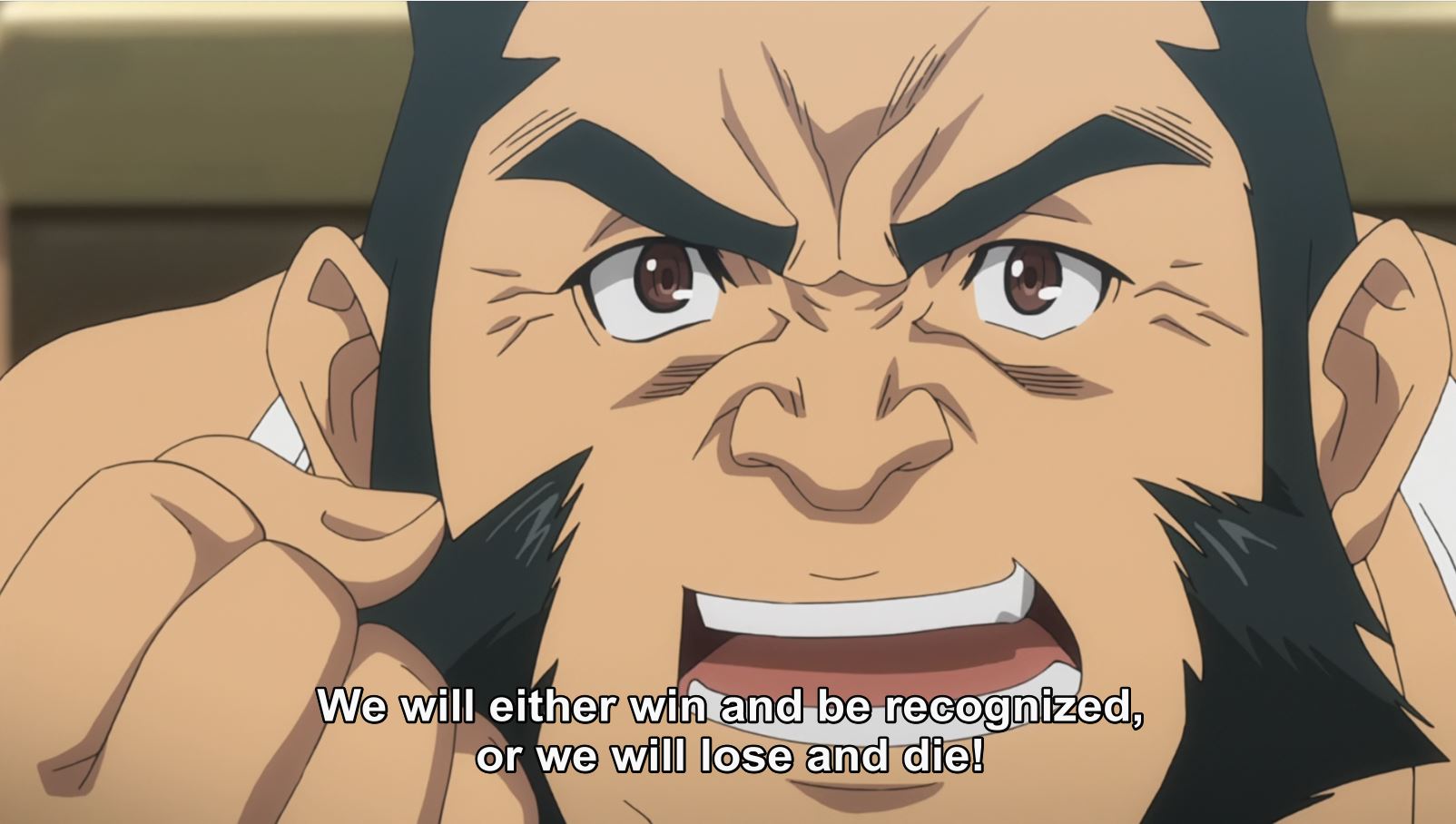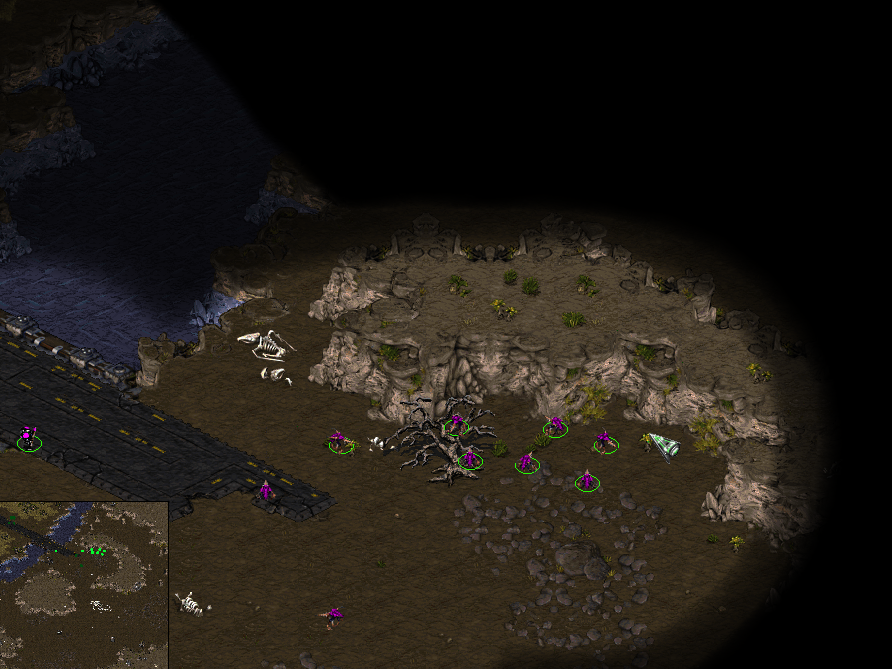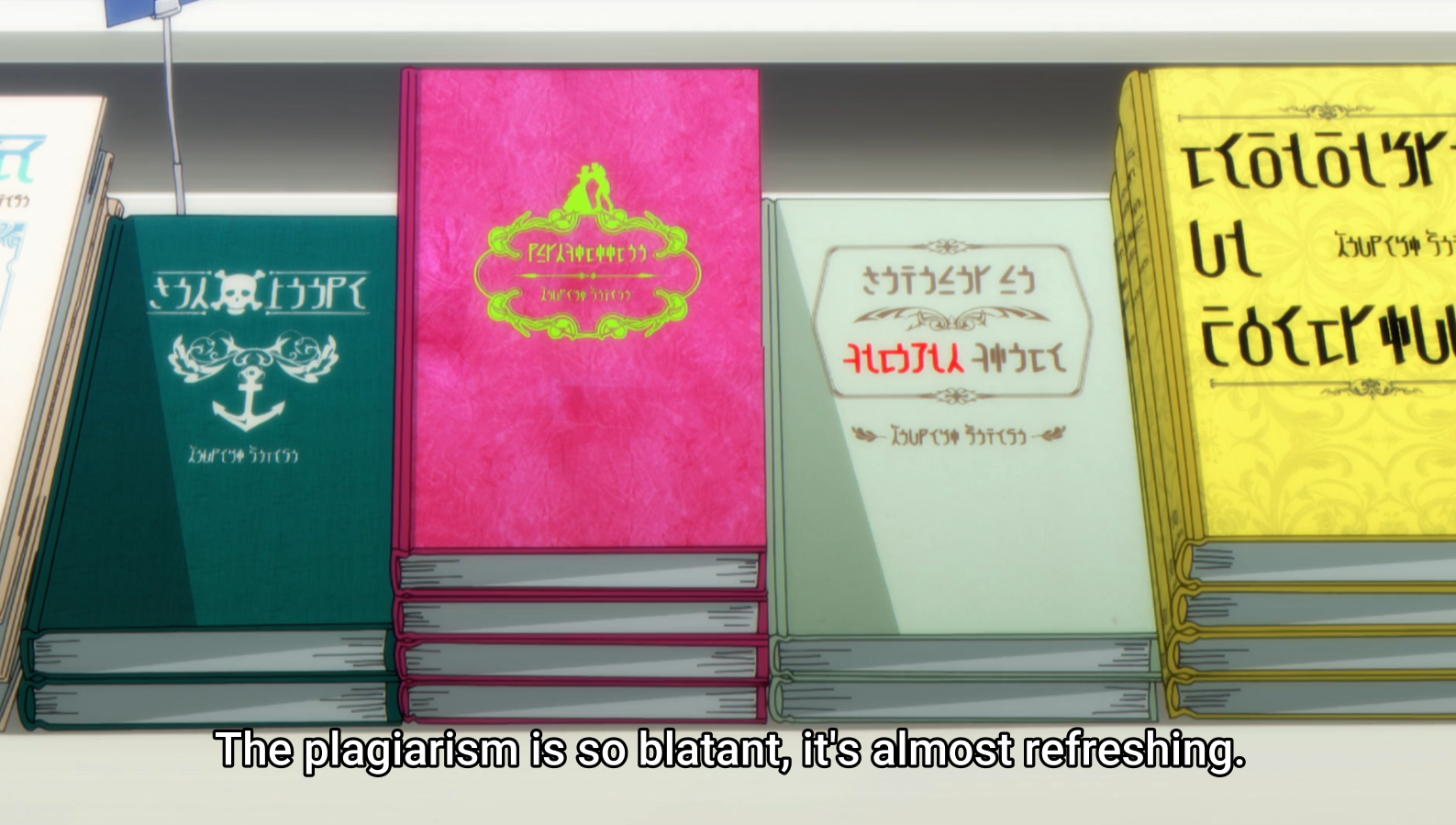Background
One may have realise that it is always the West that has explored unchartered territories. The Asians seems to be always (though not all the time, as evident by TSMC and Samsung’s semiconductor industry) lagging behind. This has got to do with firstly the difference in mindset and secondly the education system.
The West and the East, both having very different systems in accordance to their own traditions and culture, the founding of their country and their own mindsets. There is nothing wrong with either one as both have their pros and cons. Do not be fooled by the West campaigning and pushing their ideals to the East. That is for the good of the people in name but to exert control over the East in reality. However today we are not going down that direction, but rather to analyse the 2 different systems as well as the pros and cons of each. And ultimately, how we can make the most out of it.
The West
The West has always prioritised exploration to the unchartered territories. From the Age of Exploration where the Europeans risked their lives to the ends of the world, to the space race and many other things we have known, the West were usually the first to touch what we know of today’s limits of humanity. In their daily lives, we can also see them risking their lives to do things that simply puzzled the Asians. Things like extreme sports, dangerous cave explorations, and whether things logical or pure stupidity, people from the West generally gives people the idea that their lives do not matter that much. If I die, I die. I will touch the unchartered territory.

But it is precisely because of this attitude that they have gone to places where people have not gone before and discovered things that people have not discovered before. The cost of exploration is high, and the risk is difficult to measure, therefore not many are willing to go along that path. However, once a new area is opened up and their flag planted, they will harvest the fruits of their labour in many fold for many years to come. The reward is great.
In business, we can deem R&D as throwing money into a high risk project with no definite outcome.
How sure are you that you can make a self-driving electric vehicle?
If I can do it, will I conquer the global vehicle market?
In government and politics, at times the spending may also be illogical to others.
Why are you trying to build a rocket and send it to the moon? Are you even sure you can achieve that? What is the point of all that?
If I do it, can I dominate the space above Earth and hang the sword of Damocles above the head of every other nation on Earth?
Such achievements, while common to us now, may totally be a far-fetched idea at the point of conception, and even more ridiculous to spend money on that. Millions and billions of dollars worth of resources trying to explore a part of the map unknown to humanity. Sacrifices were made, but as mentioned earlier, once conquered, the rewards were extremely great.

The West’s Education System
Since their days in the kindergarten, getting ahead academically was never part of their consideration. Rather, since young they were trained to be curious, to explore, to be independent and even to work on a project. For example, in the kindergartens, children would work together with the teacher to decorate their classrooms because it is a place that belongs to them. By working together with the children, the children learn about teamwork, being involved, taking ownership and of course exploring the different possibilities. Within reasonable safety, the children are also not restricted in their activities. For example, running around, falling down, getting minor bruises or injuries is not something significant. Rather it teaches them to be tougher, and that their actions has consequences which they may not like.
Of course, the flip side of not focusing too much on the academics mean that they are much slower compared to the Asians. They are still trying to memorise the timetable at 10 years old when the typical Asian kid has already completed that achievement at 6. While they have world-renowned schools like the Ivy League, far many more are simply not worth mentioning. Exemplary academics, it seems, is simply one’s own good-to-have responsibility. That being said, I have to emphasise that the upper class of the West prioritise academic excellence a lot. However generally, we see that a common trait among the better students and learners are those who explored and find a topic of their interests, and keep delving into it, slowly but surely inching into excellence in their own time and at their own pace. They will take their time to understand the system and the concept, and slowly get better at it.
The East Prioritise Efficiency
The East however operate on a near total opposite. Asians generally do not waste resources without a clear reward. From young, Asians are taught to use the most efficient way to complete a task. In fact, Asians take pride in completing more tasks better than the others, and that is actually one of the criteria for doing well in schools and at work. In schools, the more subjects you take and score As in, the better student you are. The capable worker in the company will be able to undertake many projects at once and do them decently well, which will be a key criteria for promotion.
From young, Asians are trained to be efficient and effective, using the least amount of resources to maximise the reward. Of course, that being said, not all succeed. In schools, the fastest way to get a concept knocked into the head is to keep practising. Past year examination papers, test papers from other schools etc, a typical Asian student would remember having handed over a stack of papers and tasked to complete them within a certain timeframe (eg the school holidays). The idea is with enough practice, quantity will produce quality and one will be so familiar with the concept that he can succeed. This mindset of lowest cost for maximum reward is reflected in every system of the society.
Even among all the Asian companies, we can see that not many come up with their own R&D. Many simply take what has been discovered and modify to suit their needs, calling it their own R&D. Even at the edge of technology, they do not try to push out the frontiers, but simply wait for the next frontier to be discovered then quickly play catch-up.

Huawei did not have the technology to create the 7nm chips. But it knew that it could be done. It knew in theory what has to be done. Once the frontier has been discovered and set, what was left was to find out the fastest way to reach the goal.
What We Can Do
The West is good at exploring and charting new frontiers, while the East is good at quickly moving to a target once it has been set.
As commoners, we can also learning the best from each system. If you are an Asian parent, consider allowing your kid appropriate freedom to explore and be knocked down. If you are a Western parent, consider using the most efficient method to level up your kid’s academic. We do not need to take everything in, but carefully select the best practices. Similarly as adults we should break out of our traditional mindset and look at what the other system can offer us. Only when we are able to learn and apply the best of both sides can we bring ourselves up to another level. This applies not only in our personal life, but at work and in business.
Showing 1 - 3 out of 3
Page 1 out of 1
| - | Shop Products | Price | |
|---|---|---|---|
|
|
$99,999.00
|
||
|
|
$1.00
|
||
|
|
Price range: $69.00 through $99.00
|


